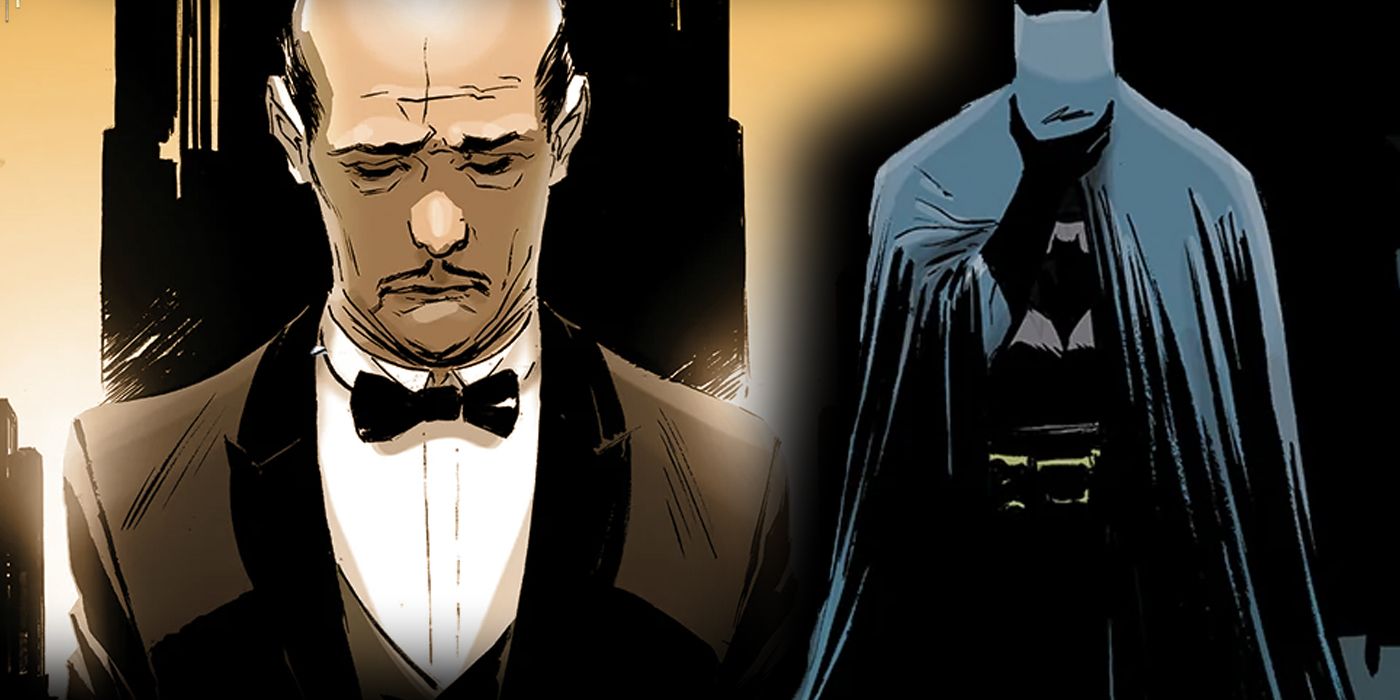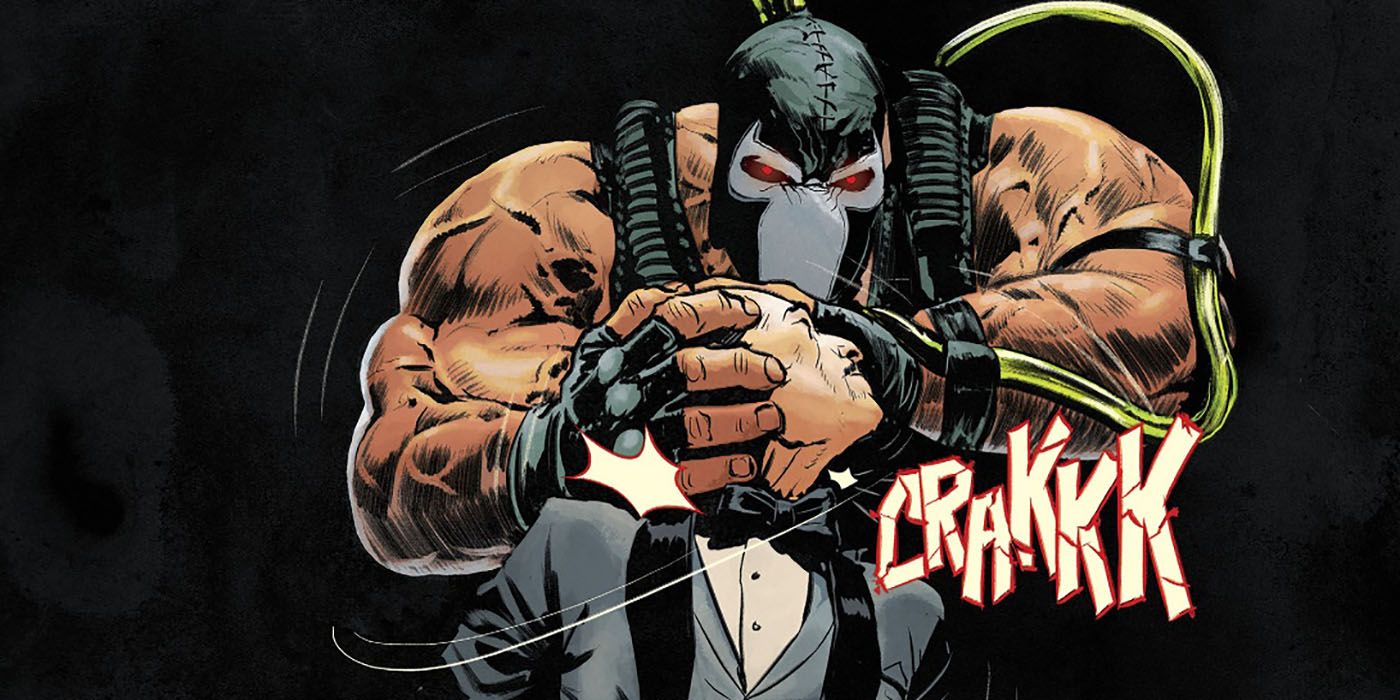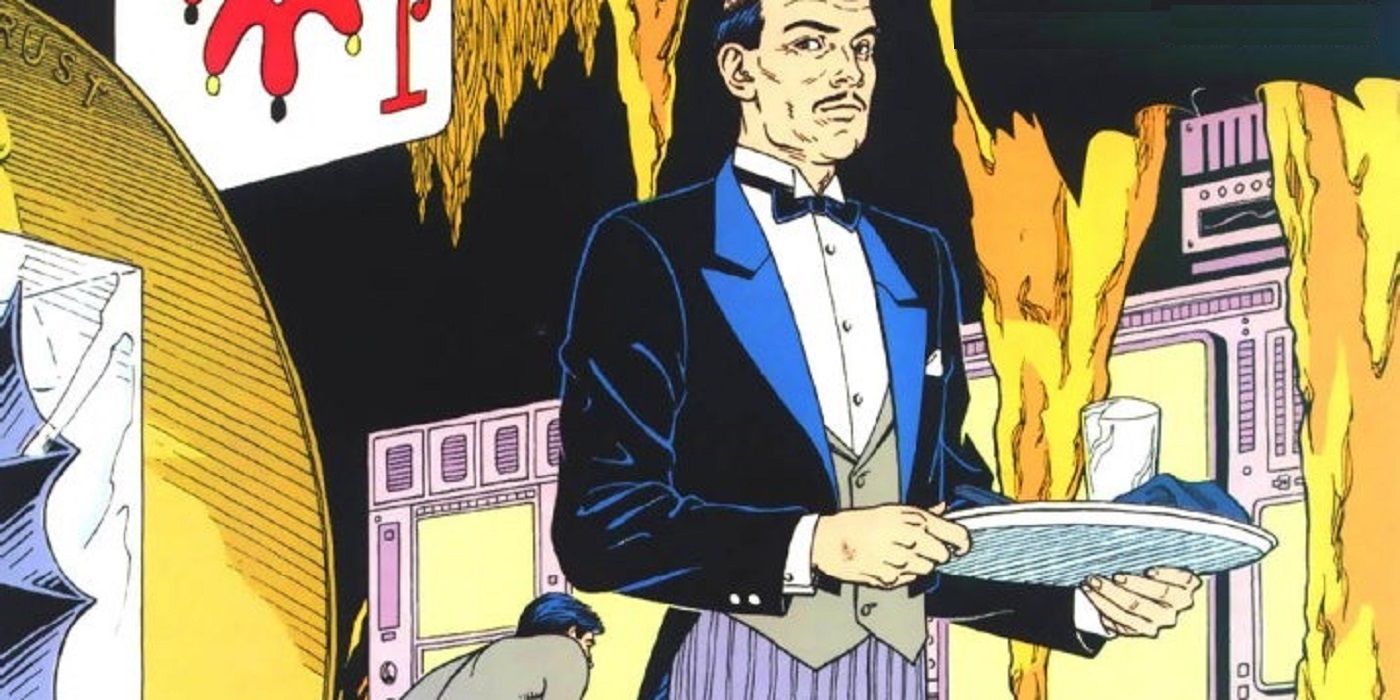
DC's Infinite Frontier has introduced a new continuity status quo that potentially makes any story in the DC Universe canon. The events of Dark Nights: Death Metal by Scott Snyder and Greg Capullo created the DC omniverse which is an untold number of expanding multiverses happening all at once. Some people are worried that this is DC's hand-waving cheat code that allows them to dismiss any hard questions about story continuity. Conversely, Batman's butler Alfred Pennyworth was killed by Bane in Batman #77 by Tom King, Mikel Janin, and Tony S. Daniel, but has shown up in stories after the issue was published in 2019. DC has a prime opportunity to use one of its most popular characters as a clear continuity indicator, but they have to leave him dead to do so.
Continuity has always been very important to readers, especially in the sometimes convoluted and confusing world of comics. This is especially true with Batman considering the library of work that has been written about the character. Alfred's death was one of the most important moments not only in Batman's life, but in comics in general, and DC could accentuate the importance of his death by using Alfred's presence as a clear way to immediately indicate whether or not a story should be considered canon.

Alfred's presence in Batman: Three Jokers by Geoff Johns and Jason Fabok brought the continuity question to the forefront because of the popularity of the book. Alfred was featured in the story but the creators were consistently vague about whether the story took place in the main timeline or not. Three Jokers was released under DC's Black Label which mostly features stories that are outside of the main continuity, but there could be exceptions according to Johns.
In fact, Johns flat out said "For [Jason Fabok] and I, this is continuity" when asked about where Three Jokers resides within the "Rebirth" era. Batman Three Jokers was created as an evergreen story and sequel to one of the most iconic graphic novels in literary history, Batman: The Killing Joke by Allan Moore and Brian Bolland. Whether the story was intended to be in the main continuity or not, Alfred is a pillar of the Bat-Family and it wouldn't have felt right for him to be missing during a story that was created to expand upon The Killing Joke's iconic mythology.

While Alfred's ambiguity in Batman Three Jokers and other stories like the ongoing Man-Bat miniseries by Dave Wielgosz and Sumit Kumar encourages the continuity conversation, it feels like keeping Alfred dead could go a long way to signifying what is canon and what isn't. There are new Batman stories released every year, many of which exist outside of regular continuity. Using Alfred's presence as a way to denote whether or not stories are canon would go a long way toward clearing up confusion for casual and hardcore Batman readers alike.
Keeping Alfred dead in stories that exist within the main continuity could help alleviate, at least on Batman's side of things, a lot of the questions that have arisen with the introduction of the omniverse in the current "Infinite Frontier" era, and would be a welcome way to end quite a bit of confusion for readers.
0 Comments